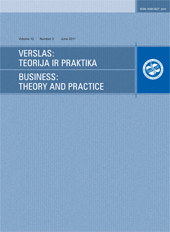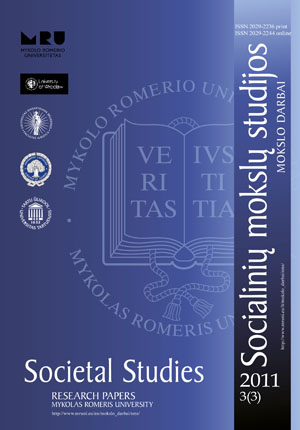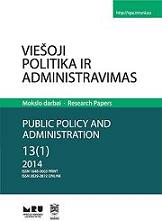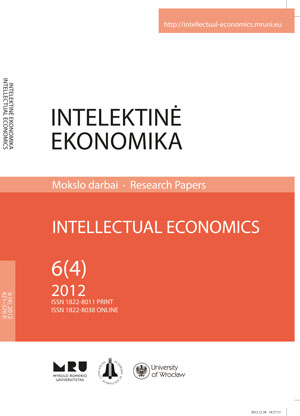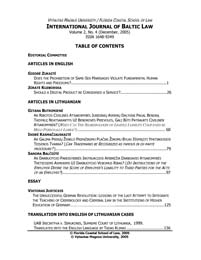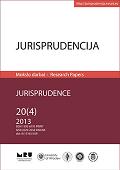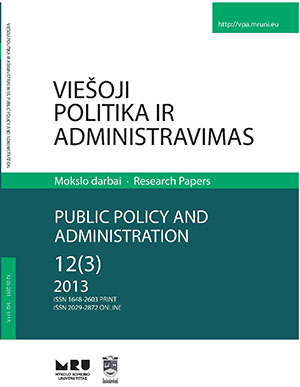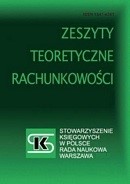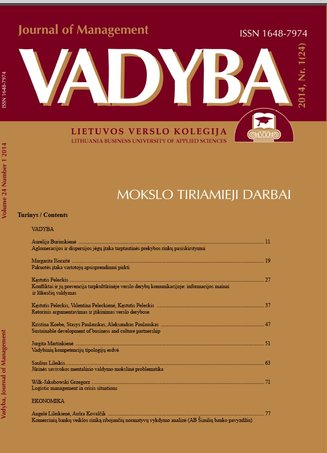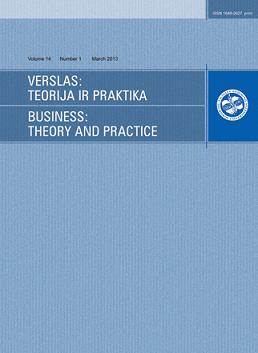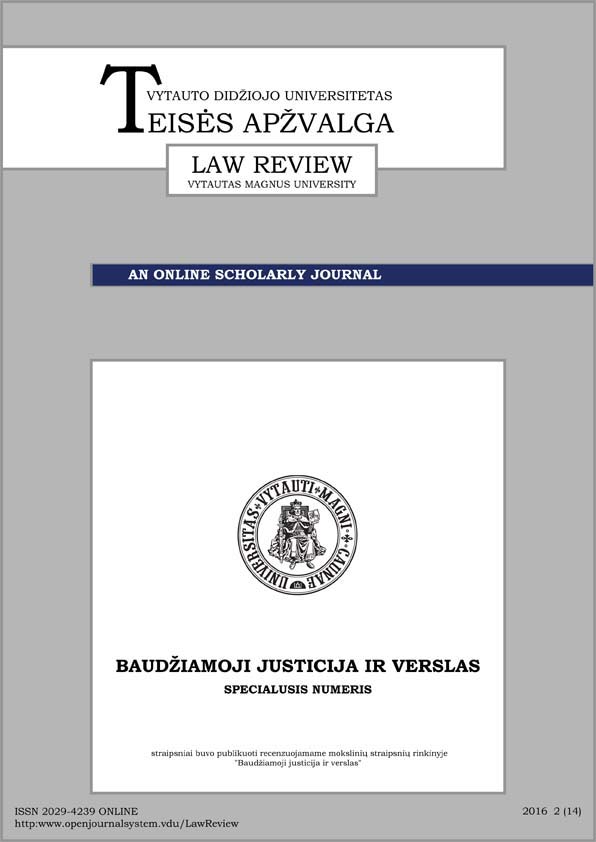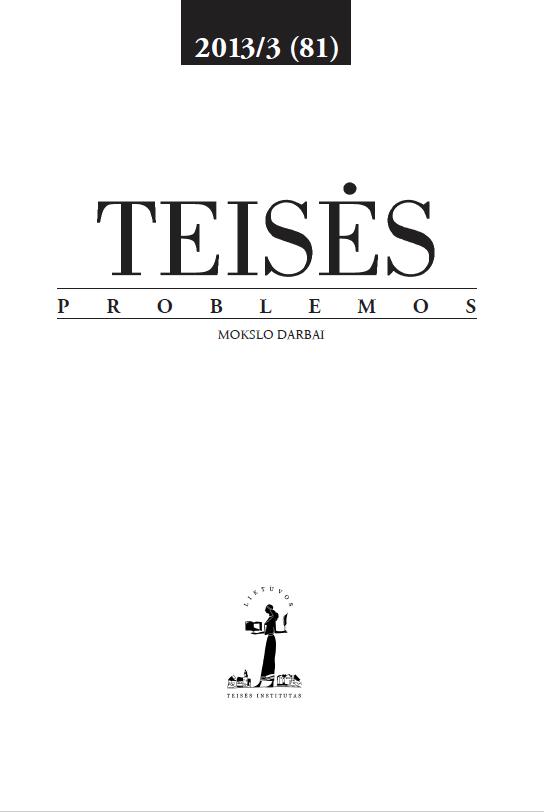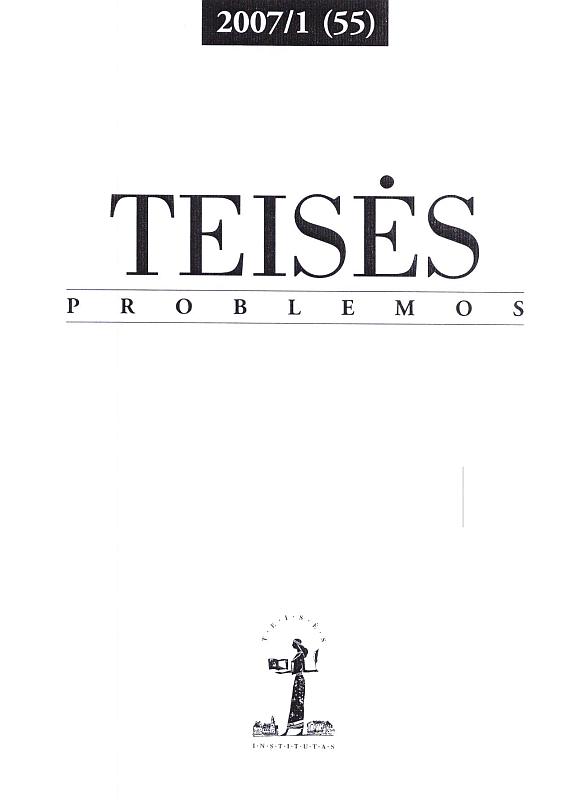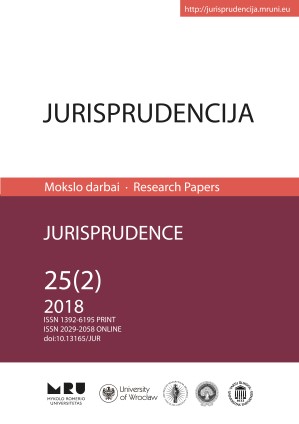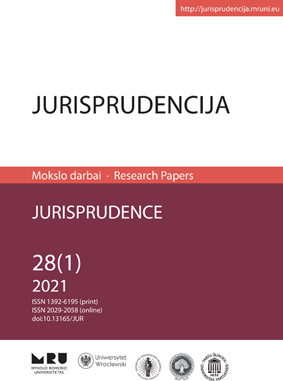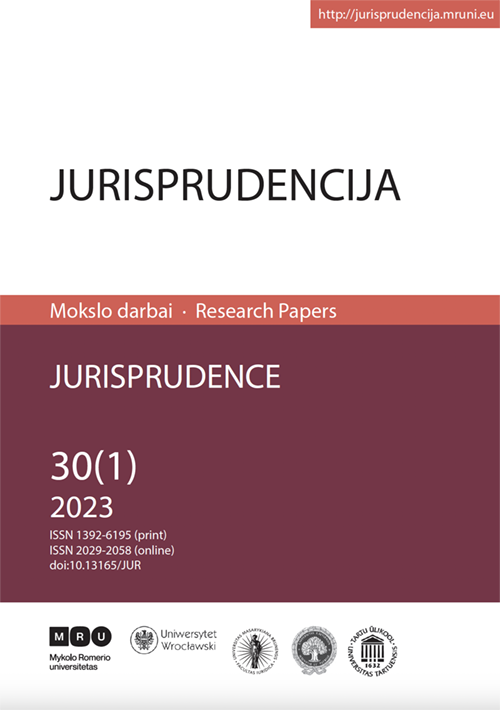Turto patikėjimo teisė ir jos ypatumai Lietuvos civilinėje teisėje
Author(s): Justas Sakavičius / Language(s): Lithuanian
/ Issue: 3/2011
Keywords: trust of estate law; agreement of trust of estate; trust; state and municipal property; derivative proprietary (real) right
This article analyzes the institute of trust of estate. Trust of estate is well
known in Common law countries under a term of trust, however in Continental law system
countries this legal instrument is not widely spread. Lithuania might be considered as an
exception, because trust of estate law in this country is being widely used to manage state and
municipal property. However, the law of trust of estate is not very popular for private estate
planning.
The article presents a genesis of trust of estate law and its main differences from Anglo-
American trust. The conclusion is made, that a trust of estate law in Continental law
counties and Common law trust, although has a similar form, but in content has substantial
differences. Further, a development of Lithuanian trust institute is reviewed. Lithuanian
law of trust of estate has developed under the influence of Russian civil law. It has evident
similarity to a regulation of trust of estate agreement in Russia. However, there can be found
essential differences between Lithuanian and Russian trust law, i.e. Lithuania considers trust
of estate institute as proprietary (real) right, meanwhile Russian regulation acknowledges
trust of estate as obligatory right. It must be also noted, that lawmaker of Lithuania has
adopted Russian trust of estate law without any essential alterations. That is the reason, why
Lithuanian trust law feels a lack of proprietary elements. The article suggests possible solutions,
how to provide Lithuanian trust of estate law with some proprietary features, so this law
would comply with a doctrine of proprietary (real) rights.
The article envisages a duality of Lithuanian trust of estate institute, since it has a
peculiarity to be applied for public and private property management. This characteristic is
not common to other countries, therefore, a the presumption is approached that Lithuanian
trust of estate law should be divided into two segregated institutes to regulate management of
public and private ownership. This could grant more flexibility for each separate institute and
would conform to tendencies of private international trust law.
This article deals with some problematic issues of regulation of Lithuanian public
and private trust of estate law, and reveals the inadequacy of trust of public estate law to
traditional understanding of trust doctrine and discloses drawbacks of trust of private estate
law that might predetermine narrow spreading of this institute in private relationship as well.
Finally, conclusions are made and particular proposals are suggested to improve regulation of
Lithuanian law of trust of estate.
More...
